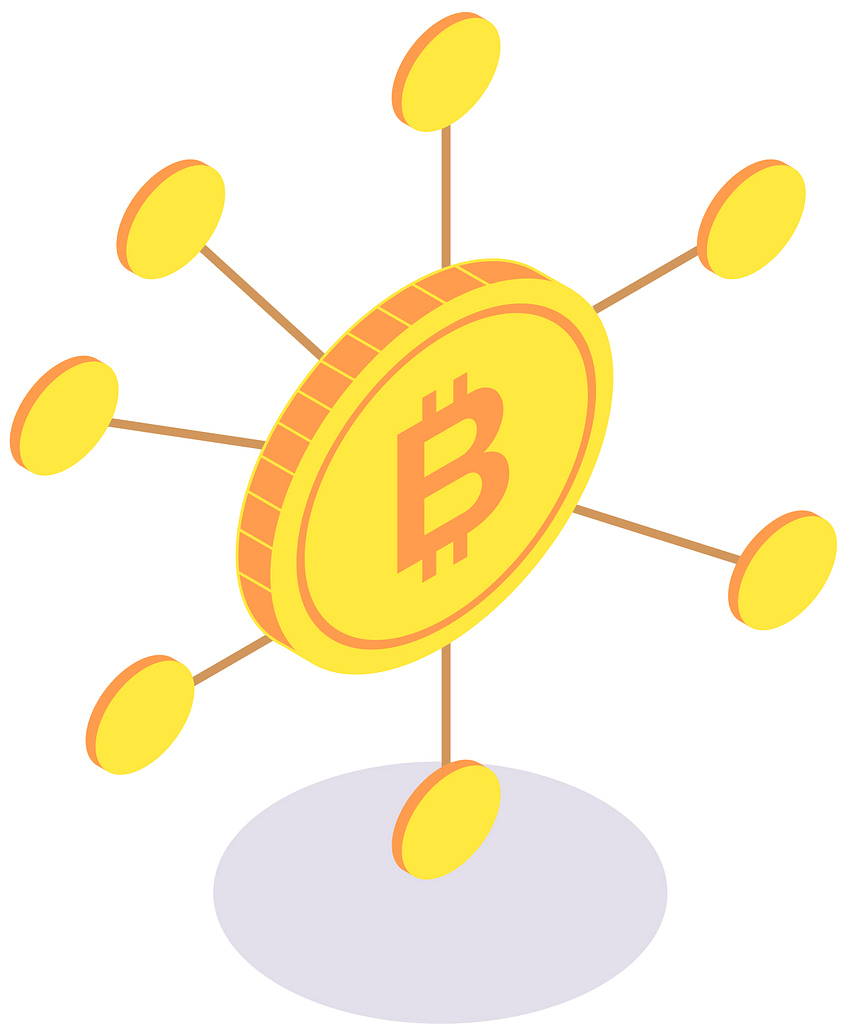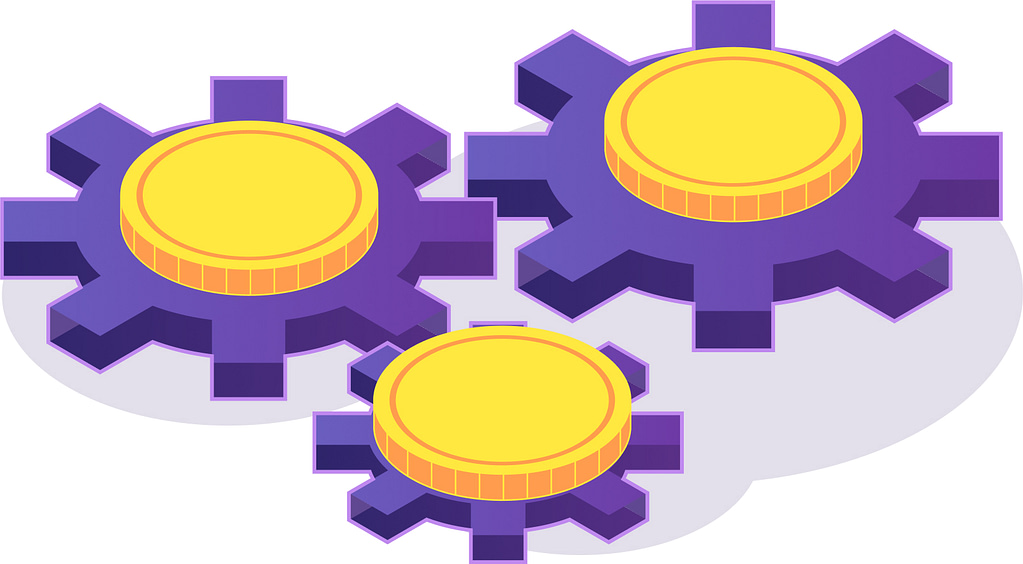The financial landscape is evolving rapidly, and the innovations in fintech are leading this transformation. As we step into 2024, the industry is buzzing with groundbreaking fintech innovations that are reshaping how we interact with money. Here, we delve into the top 10 latest fintech innovations revolutionizing the sector.
The realm of financial technology has always been a hotbed of creativity, but the latest fintech innovations have elevated it to new heights. From enhanced security measures to seamless user experiences, innovations and trends in fintech are not just about technology; they are about redefining the financial ecosystem.
Top 10 innovations in FinTech

1. Blockchain-based solutions
Blockchain technology is at the vanguard of fintech advances, revolutionizing the security and transparency of financial transactions. By storing transactions across several computers, it functions as a decentralized digital ledger, giving each transaction extreme security and immutability. This technology is essential to many financial industries, such as trade finance, where it creates smart contracts to improve overall efficiency and trust, and banking, where it reduces fraud and allows real-time cross-border payments.
2. AI-driven financial advisory
AI has transformed financial advising by making sophisticated investment methods more accessible to a wider range of people. Massive volumes of financial data are analyzed by AI systems to provide forecasts and individualized advise. They make wealth management more approachable by accommodating unique risk tolerances and investment choices. AI in banking also improves customer service by means of smart chatbots that offer financial advice and round-the-clock support.


3. Advancements in mobile wallet technology
The need for safe and practical digital payment solutions has fueled a sharp increase in mobile wallet technology. By securely storing customers’ credit card information on their mobile devices, these wallets make it simple to make payments via NFC (Near Field Communication) or QR codes. In addition to offering extra features like bill payment, peer-to-peer transfers, and connection with other financial institutions, they frequently include cutting-edge security measures like encryption and biometrics.
4. Contactless payments
In the wake of the pandemic, contactless payment technology—a noteworthy advancement in the fintech space—gained impetus. By using NFC technology, it minimizes physical interaction and expedites transaction processing by enabling safe payments with a simple tap of a card or smartphone near a payment scanner. This technology, which provides a rapid, sanitary, and practical payment alternative, is frequently used in retail and public transit.


5. RegTech for compliance
RegTech, or regulatory technology, simplifies compliance with intricate financial rules by utilizing cutting-edge technologies. RegTech solutions automate a variety of duties, including maintaining data for reporting needs, guaranteeing compliance with anti-money laundering (AML) regulations, and keeping an eye on transactions for suspicious activity. This minimizes the possibility of breaking any regulations while simultaneously enhancing productivity and cutting expenses.
6. Platforms for peer-to-peer (P2P) lending
P2P lending systems, which link borrowers and lenders directly, have democratized access to credit. These platforms make use of technology to handle loan distribution, evaluate creditworthiness, and make payments easier. They access underserved populations and provide an alternative to typical bank loans with possibly cheaper rates for borrowers and larger profits for lenders, promoting financial inclusion.


7. InsurTech
With innovations like usage-based insurance models, customized policies, and expedited claim processing, insurance technology, or InsurTech, has completely changed the insurance industry. More precise risk assessments are made possible by advanced data analytics and machine learning, while online and mobile platforms facilitate the easy and fast purchase of insurance and filing of claims.
8. Innovations in cryptocurrency
With decentralized digital currencies like Bitcoin and Ethereum, cryptocurrencies and blockchain technology put conventional financial models to the test. They provide the opportunity for financial inclusion, facilitate peer-to-peer transactions devoid of middlemen, and open up new possibilities for tokenization and digital asset trading. Their influence on digital asset management, remittances, and payment systems is substantial, despite legislative obstacles.


9. Robotic process automation (RPA)
RPA in finance is the automation of time-consuming and repetitive operations such transaction processing, data input, and compliance reporting. RPA helps financial organizations focus on customer-centric and strategic tasks, boosting overall productivity and service quality. It does this by decreasing manual mistakes and increasing efficiency.
10. Cross-border payment solutions
These days, there is transparency in international transactions, low transaction times, and expensive costs. These issues are addressed by modern cross-border payment solutions. These solutions, which make use of blockchain and digital currencies, provide quicker, more affordable, and transparent means of transacting internationally, which is advantageous for both individuals and companies involved in international commerce and remittances.

In overview
The most recent fintech developments, including AI for stock trading and AI in investing, are causing a significant change in the financial services environment. These ten fintech technologies, which prominently feature advancements in AI-driven investment strategies, give organizations and consumers alike a new degree of ease and accessibility, along with improved security and efficiency. The integration of AI for stock trading and AI in investing is particularly transformative, offering sophisticated analysis and predictive capabilities that were previously unattainable. With these advancements spearheading the shift towards a more digitally connected and interconnected society, the future of finance, heavily influenced by AI and fintech innovations, appears exceptionally bright.